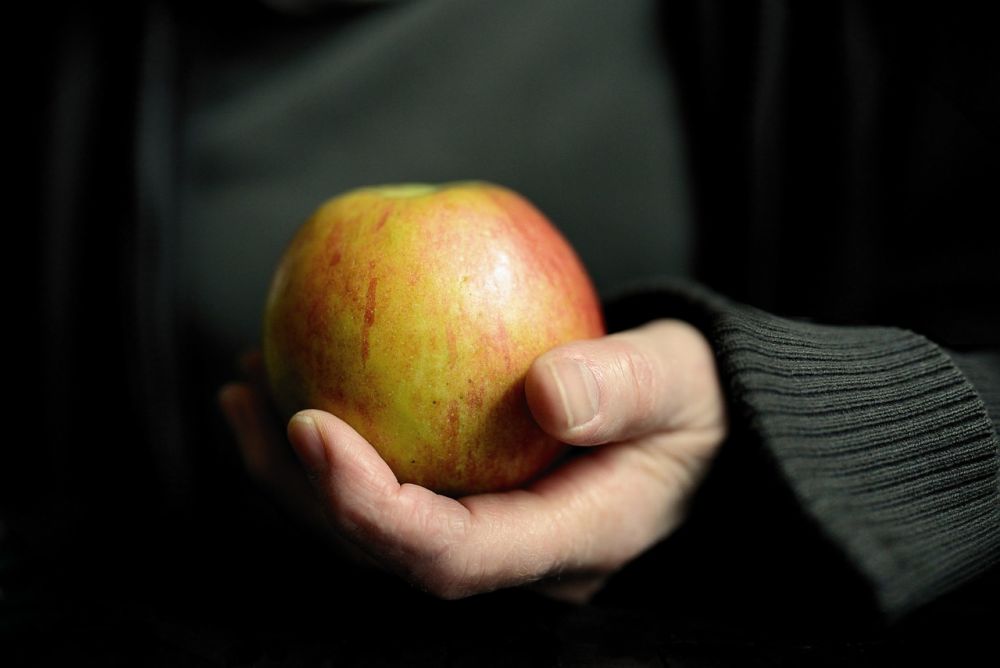High Protein Diet: A Comprehensive Guide for Optimal Health and Performance

Introduction:
Are you looking to enhance your fitness journey or simply improve your overall health? One popular approach gaining traction is the high protein diet. In this article, we will provide a thorough overview and explore the different types, popularity, quantitative measurements, variations, and historical pros and cons of high protein diets. So let’s dive in and understand how incorporating more protein into your diet can have a positive impact on your well-being.
I. What is a High Protein Diet?
A high protein diet is a nutritional approach that prioritizes the consumption of protein-rich foods to meet the body’s requirements. Proteins are the building blocks of life and play a crucial role in various bodily functions such as muscle growth, tissue repair, and hormone production. Unlike carbohydrates and fats, the body does not store excess protein, making it essential to consume an adequate amount daily.
II. Types of High Protein Diets:

1. Traditional High Protein Diets:
– These diets emphasize animal-based protein sources such as lean meats, poultry, fish, and dairy products.
– Examples include the Atkins Diet, Paleo Diet, and South Beach Diet.
2. Plant-Based High Protein Diets:
– These diets focus on vegetarian or vegan protein sources like legumes, tofu, tempeh, quinoa, and nuts.
– Examples include the Mediterranean Diet and the Flexitarian Diet.
III. Quantitative Measurements of High Protein Diets:
When it comes to high protein diets, determining the appropriate amount of protein to consume is crucial. The recommended daily protein intake varies depending on factors such as gender, age, weight, and activity level. Generally, the recommended range is between 0.8 to 2 grams of protein per kilogram of body weight.
IV. Understanding the Differences in High Protein Diets:
While all high protein diets share the common goal of increasing protein consumption, the sources, ratios, and additional macronutrients can vary significantly. For instance, traditional high protein diets often promote higher fat intake, while plant-based high protein diets tend to emphasize complex carbohydrates and healthy fats.
V. A Historical Overview of Pros and Cons:
1. Pros of High Protein Diets:
– Muscle development and maintenance: The increased protein intake supports muscle growth and helps preserve lean muscle mass during weight loss.
– Satiety and weight management: Protein-rich foods keep you feeling full, reducing overeating and aiding weight loss efforts.
– Improved metabolic healt High protein diets can improve insulin sensitivity, blood lipid profiles, and reduce the risk of chronic diseases like type 2 diabetes.
2. Cons of High Protein Diets:
– Potential nutrient deficiencies: Focusing solely on protein-rich foods may lead to inadequate intake of essential vitamins, minerals, and fiber.
– Kidney strain: Individuals with pre-existing kidney conditions should exercise caution with high protein diets, as excessive protein consumption may worsen kidney function.
– Sustainability and long-term adherence: Some high protein diets can be restrictive and challenging to maintain, potentially leading to diet fatigue and relapse into unhealthy eating habits.
[INSERT VIDEO HERE]
Conclusion:
In conclusion, a high protein diet can be a beneficial approach for improving overall health and achieving fitness goals. By understanding the different types, quantitative measurements, variations, and historical pros and cons, individuals can make informed decisions about integrating more protein into their diets. However, it is essential to find a balance, considering individual nutritional needs and long-term sustainability. Before embarking on any new diet, consult with a healthcare professional or registered dietitian to ensure it aligns with your specific requirements. Embracing a high protein diet can be a stepping stone towards a healthier and more vibrant lifestyle.
References:
– Insert your references here.











